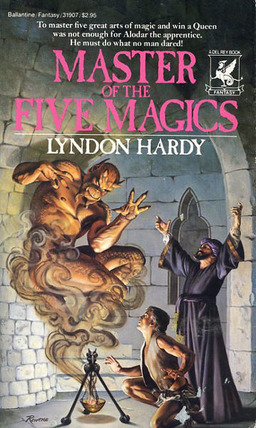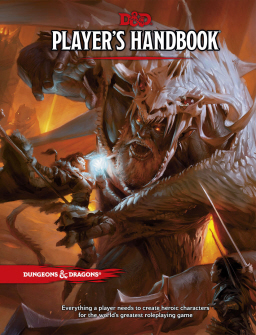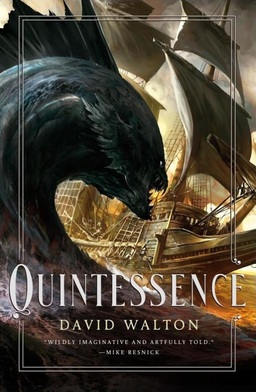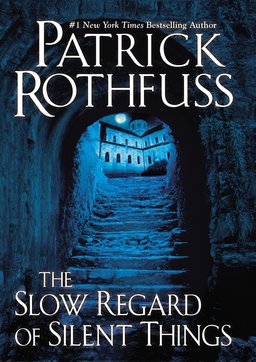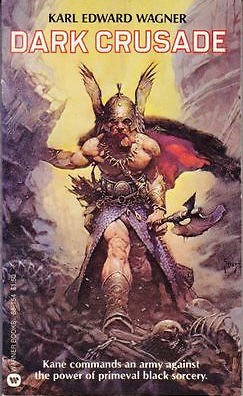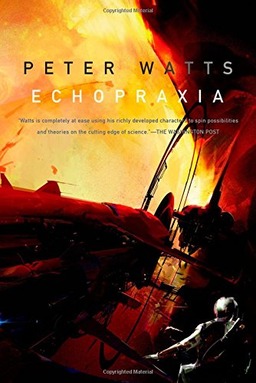Blogging Sax Rohmer’s The Shadow of Fu Manchu, Part One
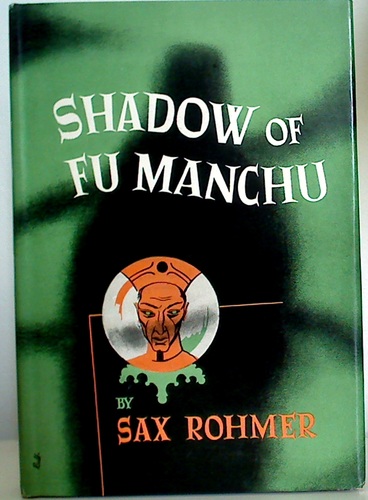
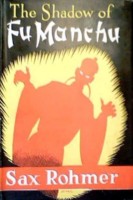 The Shadow of Fu Manchu was serialized in Collier’s from May 8 to June 12, 1948. Hardcover editions followed later that year from Doubleday in the U.S. and Herbert Jenkins in the U.K. The book was Sax Rohmer’s eleventh Fu Manchu thriller and was also the last of the perennial series to make the New York Times bestseller list.
The Shadow of Fu Manchu was serialized in Collier’s from May 8 to June 12, 1948. Hardcover editions followed later that year from Doubleday in the U.S. and Herbert Jenkins in the U.K. The book was Sax Rohmer’s eleventh Fu Manchu thriller and was also the last of the perennial series to make the New York Times bestseller list.
The story had its origins in a Fu Manchu stage play that Rohmer had developed for actor Basil Rathbone. The project had failed to get off the ground, but became instead the first new Fu Manchu novel in seven years. Sadly, during these seven years, the property had begun to fade from the public eye.
It had been eight years since the character last appeared on the big screen (in the popular 1940 Republic serial, Drums of Fu Manchu) and eight years since the well-received Shadow of Fu Manchu radio series (from which the planned stage play and later novel borrowed its title) had left the air. Detective Comics had long since finished reprinting the Fu Manchu newspaper comic strip as a back-up feature for Batman. As far as the public was concerned, Fu Manchu was a part of the past that seemed far removed from the world that had been transformed by the Second World War.
